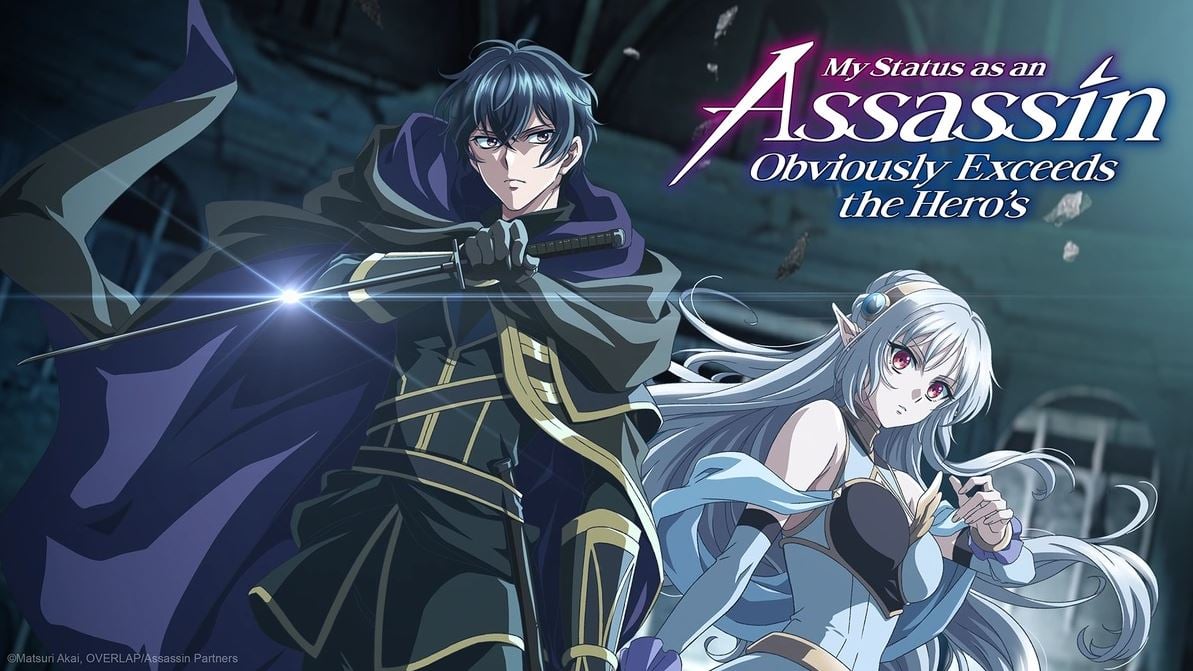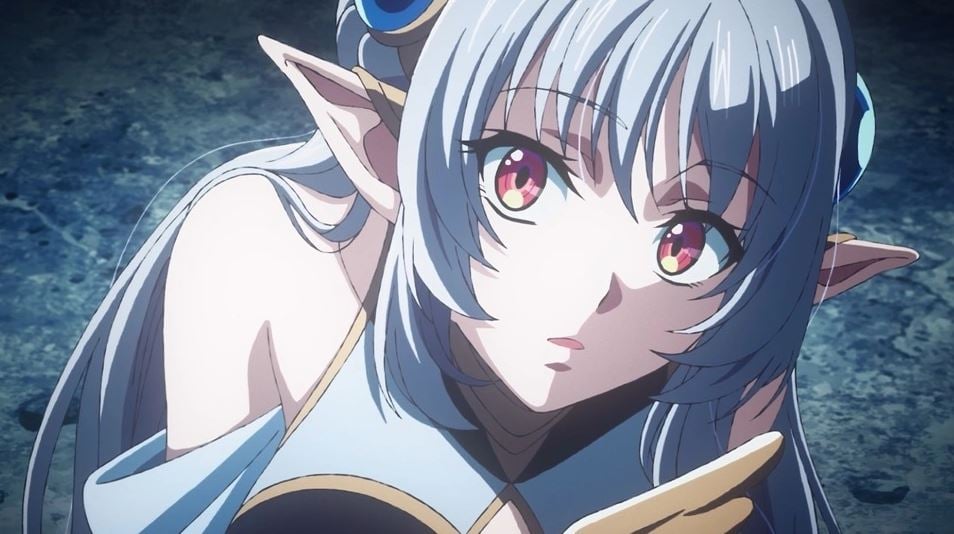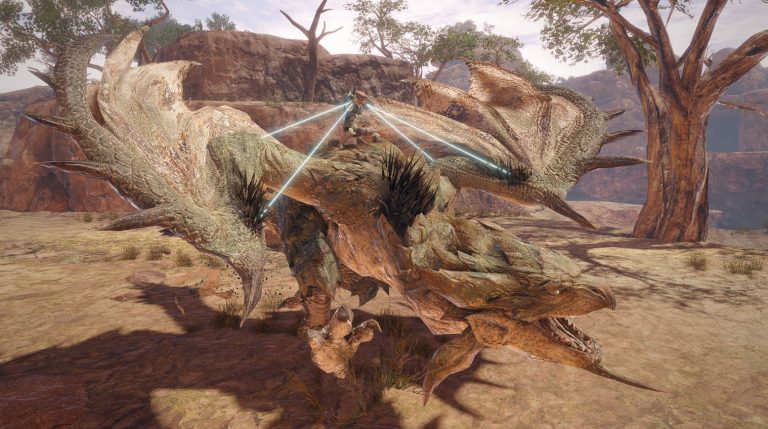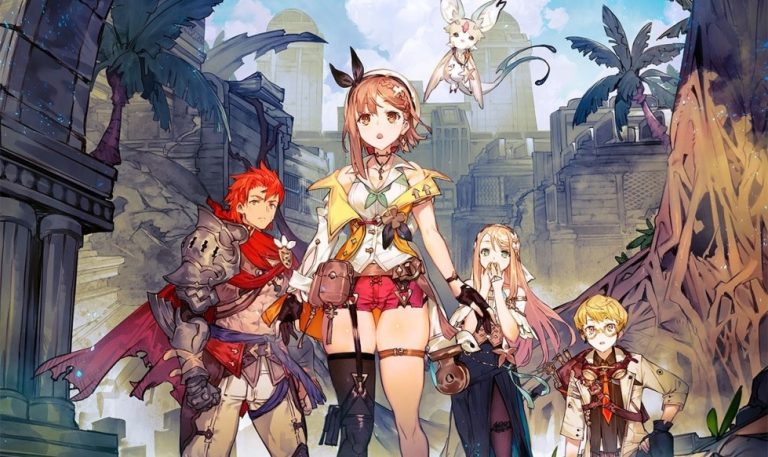Nobuyoshi Habara, a Japanese animator, character designer, and director famous for his work on projects such as Rurouni Kenshin, Tengen Toppa Gurren Lagann, and the recent Mobile Suit Gundam SEED Freedom film, recently attended the 2025 Animethon convention held in Edmonton, Canada. While promoting his upcoming anime “My Status as an Assassin Obviously Exceeds the Hero’s” at the event, Habara was surprised to learn how widely the Japanese word “isekai” has come to be accepted in the English-speaking world.
“Isekai” is a Japanese word that directly translates to “another world” and refers to different or parallel universes. Interestingly, the Oxford English Dictionary’s definition of “isekai” does not pertain to this original meaning, but to the genre of fiction named after it. Defined as “a Japanese genre of science or fantasy fiction featuring a protagonist who is transported to or reincarnated in a different, strange, or unfamiliar world”, media such as anime, manga, and video games that include isekai elements are classified under the genre.

On the other hand, there is no mention of “isekai” being used as a verb in English dictionaries yet (i.e. Truck-kun isekai’d Tetsuya into a world ruled by dinosaurs). While the usage of “isekai” as a verb is more colloquial, it wouldn’t be surprising if it made its way into dictionaries in future editions. Coincidentally, this is a use of “isekai” that only exists among English speakers, as Japanese people amusedly pointed out in response to Habara. Considering how many online searches there are for the word, “isekai” is quickly becoming a term known to a wider audience than just self-identified otaku.
Related articles:
Isekai truck deaths accused of sending negative “subliminal messages” about trucks by Japan’s logistics industry
Japanese convenience store looks like it was isekai’d into Elden Ring





